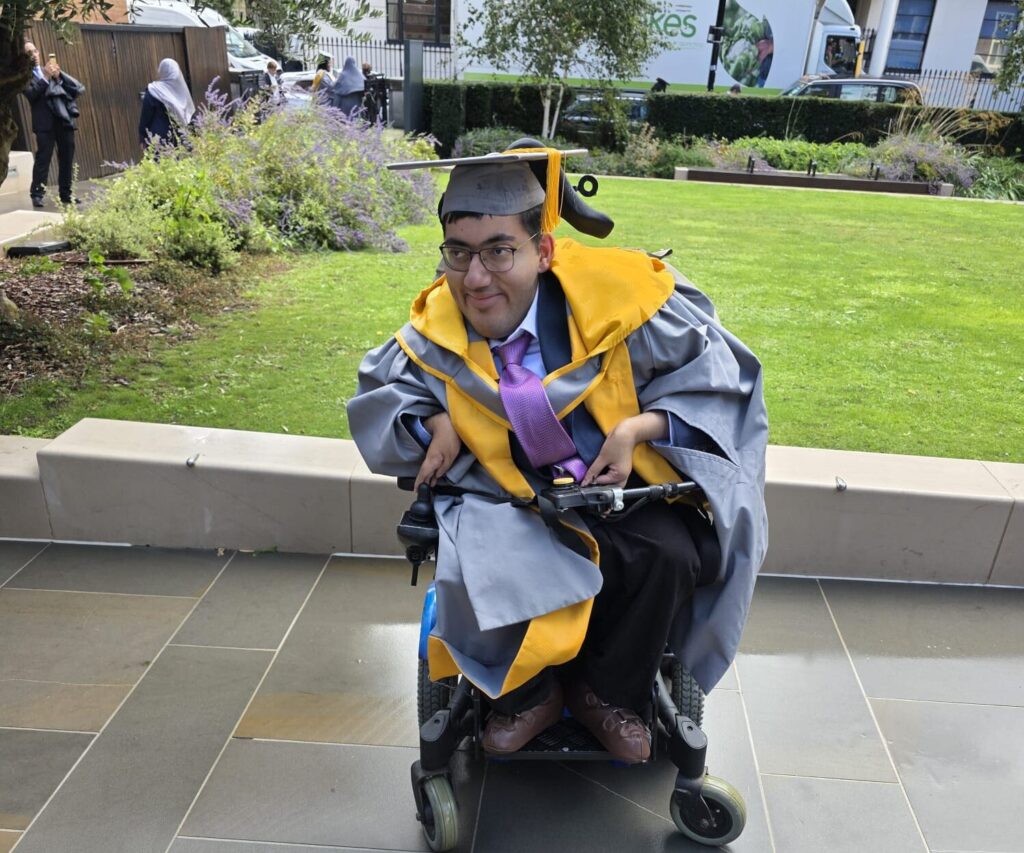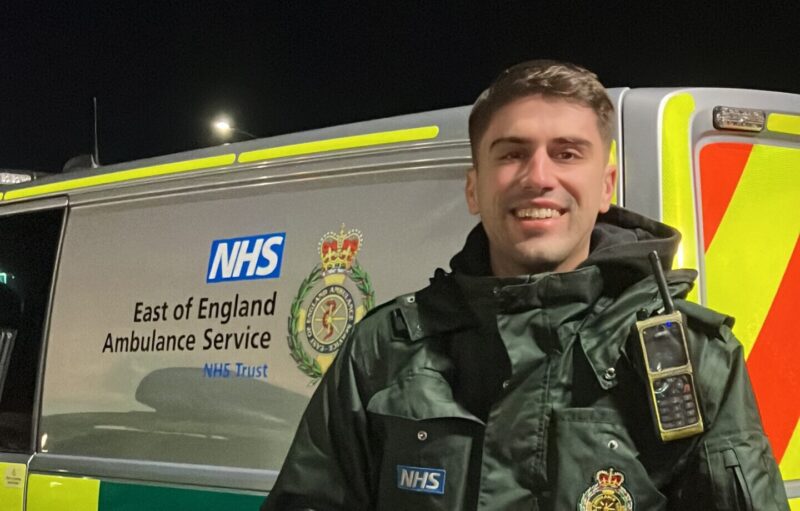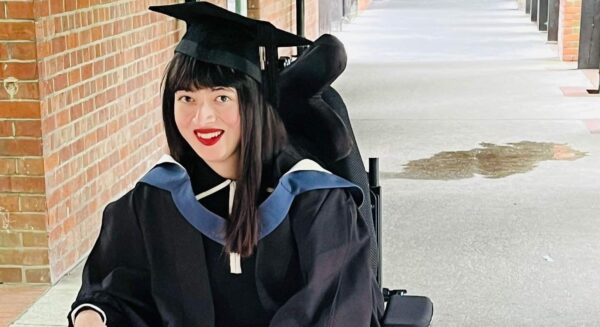Salmaan has completed a Masters degree and multiple internships, including working at the House of Commons. He explains how he has overcome challenges while working with a neuromuscular condition, and his advice to others.
Building a Career as a Physically Disabled Graduate: My Journey So Far

Thriving in Education
Last year, in September 2024, I completed my Master’s degree in International Politics. Before that, I earned my BA in History and Politics from a Russell Group university. Both experiences were extremely enjoyable and intellectually enriching, giving me the opportunity to explore new ideas, meet people from diverse backgrounds, and grow in ways I hadn’t imagined before.
One aspect that made university life particularly accessible for me was the support I received from disability services at both institutions. They made reasonable adjustments and provided individualised plans tailored to my needs, ensuring that I was able to thrive academically and socially.
Gaining Valuable Experience
Since graduating, I’ve been fortunate to take part in a number of internships. Most notably, I completed a virtual internship with The Advance Group, a New York-based consulting firm, where I helped NGOs refine grant proposals to increase their chances of success, conducted research, updated Excel sheets, and carried out other administrative tasks.
I also gained experience in the House of Commons by interning in an MP’s office during the summer. This once-in-a-lifetime experience allowed me to prepare research briefs, press releases, and parliamentary questions, respond to policy casework, provide diary management support, and ensure everything was ready for my MP. These roles have given me valuable skills, insights, and confidence, providing a strong foundation as I continue my job search.
Overcoming Challenges
That said, the journey hasn’t been without its challenges. I have a neuromuscular condition, which means I have limited and weak muscle strength as well as restricted movement in my limbs. I use a wheelchair and, in both academic and professional settings, I rely on assistive technology such as Dragon Dictation to help me with writing and communication.
“As someone with these physical limitations, I often feel that I lack certain experiences and practical skills that able-bodied peers take for granted. This can make the process of applying for jobs and internships daunting, and at times I have felt left behind.”
Navigating Inaccessible Workplaces
There is also the additional burden of inaccessibility in workplaces. For instance, I found my internship in the House of Commons a rather eye-opening experience.
“Although the MP’s office I was working for was in an accessible building (Portcullis House), overall, I found the parliamentary estate extremely challenging to navigate and generally inaccessible.”
Indeed, as part of this internship, I contributed a chapter in a report focusing on how Parliament can become more accessible for disabled individuals.
It is therefore apparent that employers, including those in public institutions, need to go further in ensuring their offices and buildings are inclusive and accessible for all.
After all, it’s not only disabled applicants that have to think about how they can gain employment, but also workplaces and employers need to understand our needs. As such, they can become more inclusive by completing mandatory training on some of the challenges those with disabilities, particularly physical disabilities, face to build a greater understanding of how they can then provide reasonable adjustments and support to their employees. This is extremely important to build empathy from employers and understand some of the challenges physically disabled employees may face.
The Power of Support Networks
What has made a real difference is the support I’ve received along the way. Organisations such as Muscular Dystrophy UK, and individuals in the employment support team such as Jack McLellan, have played a vital role in helping me move forward. Since connecting with Jack in the autumn of 2024, he has met with me regularly to go over CVs, cover letters, and potential opportunities.
“Thanks to his guidance, I’ve successfully reached the interview stage for a few roles — an encouraging sign of progress.”
Advice to Others
If I had one piece of advice for others with physical disabilities, especially neuromuscular conditions, it would be this: make use of the support systems available to you, and don’t give up. Progress may take time, but each step builds toward a fulfilling career. Equally, developing your skills through internships and work experience is vital for employability and confidence.
Looking Toward to the Future
Looking ahead, my ambition is to focus on policy or research roles within politics, journalism, or the charity sector. These are areas I feel deeply passionate about, and I am determined to pursue them as my career develops.
Ultimately, my story is one of perseverance, supported by networks and organisations committed to inclusion. I hope that by sharing my journey, I can encourage others not to let disability hold them back from pursuing their ambitions. With the right support and determination, it is possible to build a meaningful and rewarding career.

